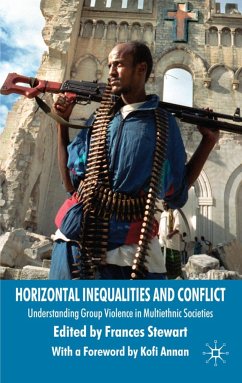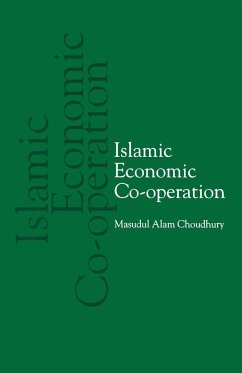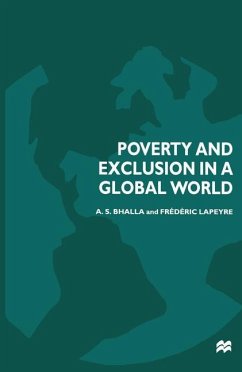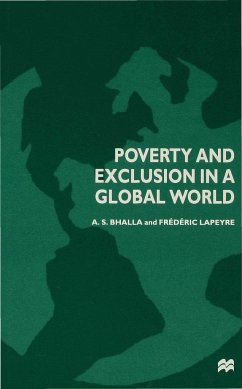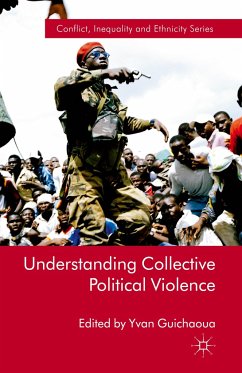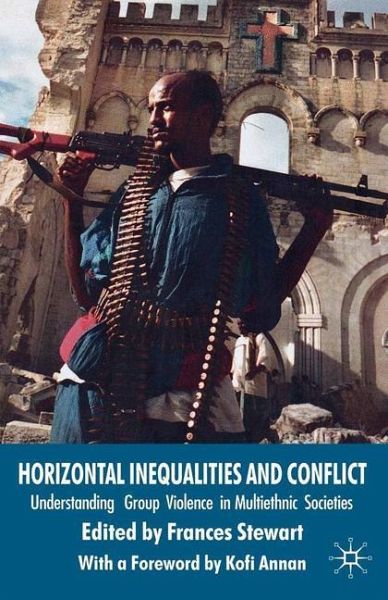
Horizontal Inequalities and Conflict
Understanding Group Violence in Multiethnic Societies
Herausgegeben: Stewart, F.
Versandkostenfrei!
Versandfertig in 6-10 Tagen
76,99 €
inkl. MwSt.

PAYBACK Punkte
38 °P sammeln!
Drawing on econometric evidence and in-depth studies of West Africa, Latin America and Southeast Asia, this book explores how horizontal inequalities - ethnic, religious or racial - are a source of violent conflict and how political, economic and cultural status inequalities have contributed. Policies to reverse inequality would reduce these risks.





